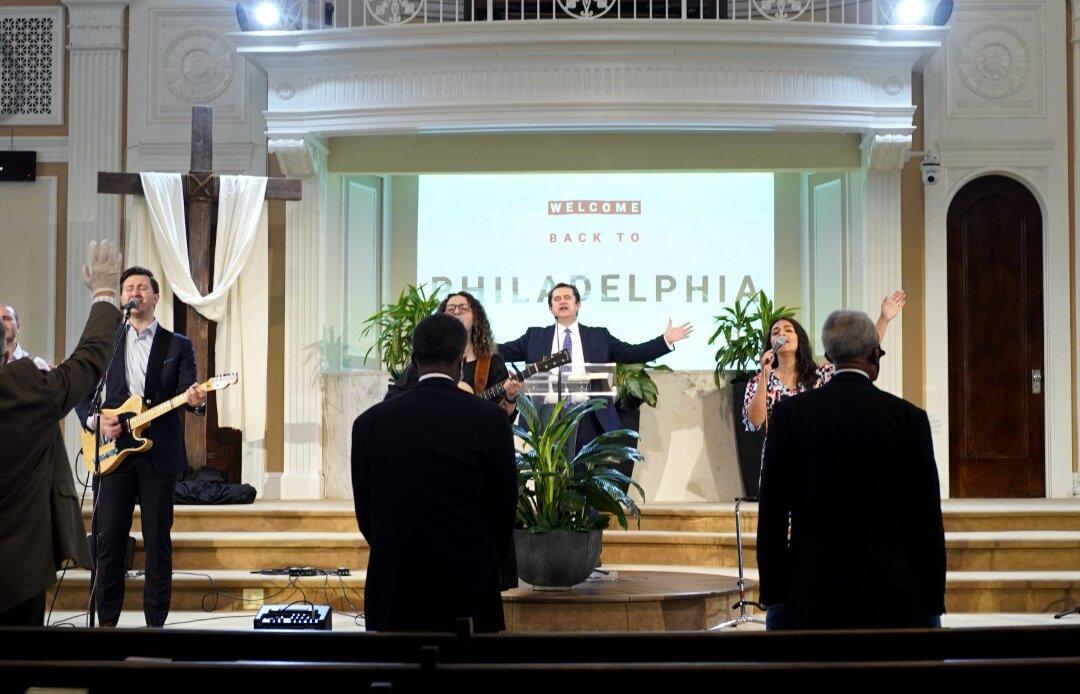CHICAGO—“It’s hard to maintain your faith without a community,” Abigail Cimpean said. She’s among the many religious faithful in Chicago who have defied stay-at-home orders to attend church recently.
It’s not the same sitting at home and watching a sermon on the screen, she told The Epoch Times. “As a community, we lift each other up.”





